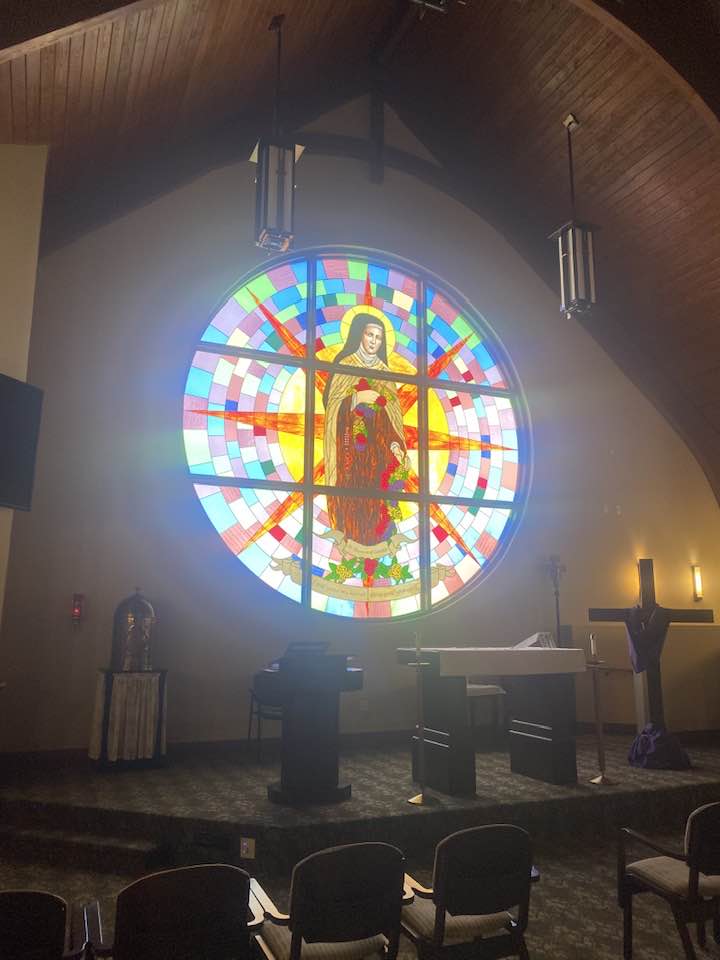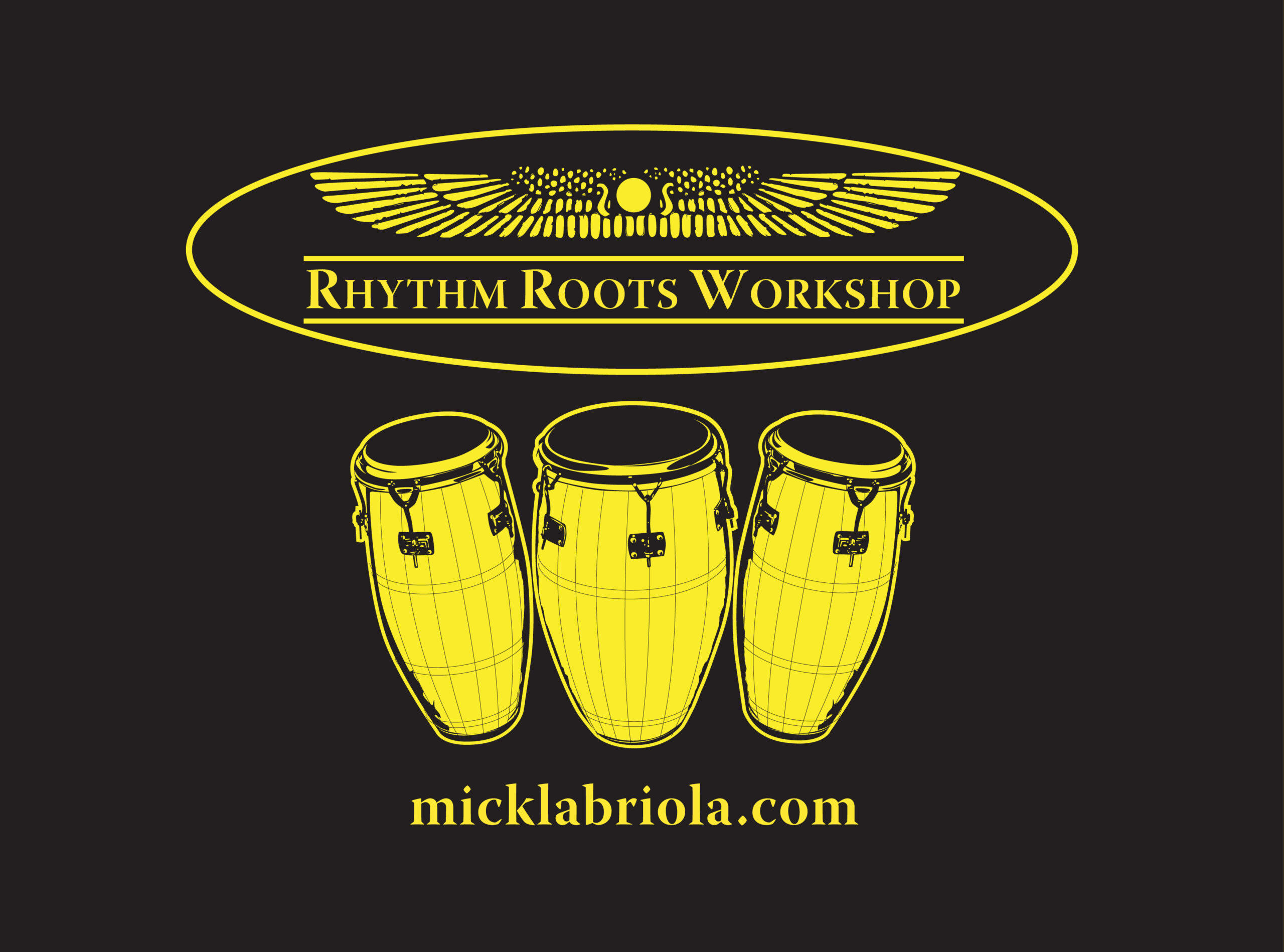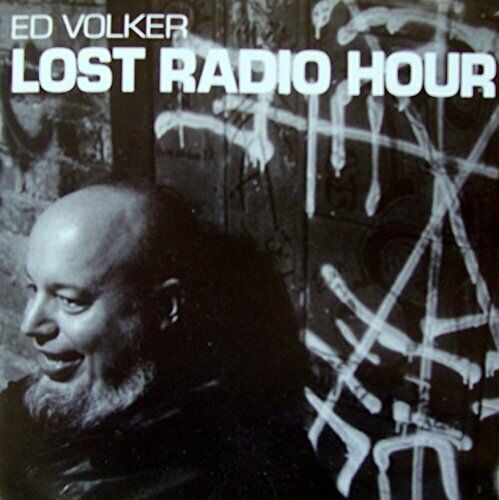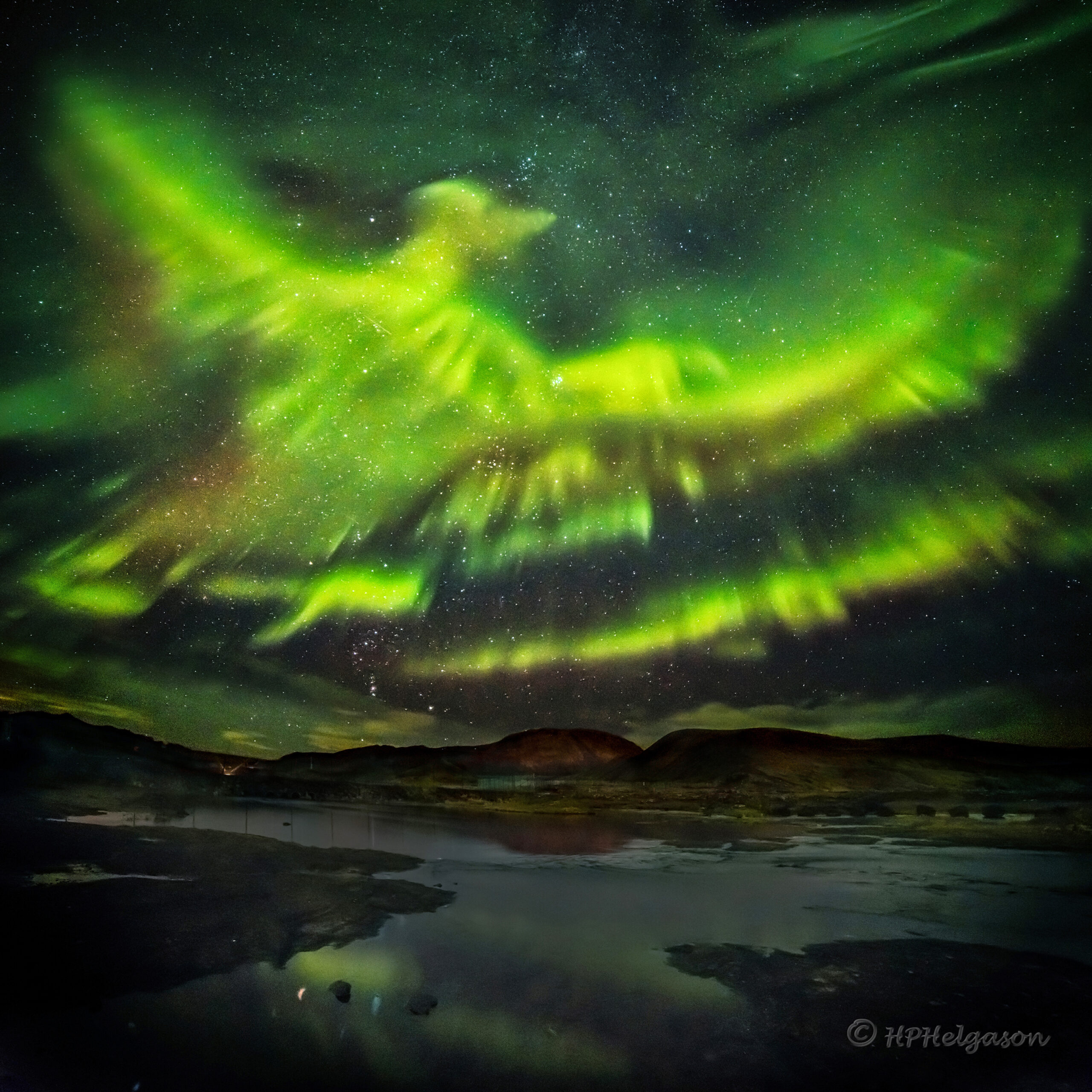Blog
Dexter Gordon (February 27, 1923 – April 25, 1990 LA,CA) was an American jazz tenor saxophonist, composer, and bandleader. He was among the most influential early bebop musicians, which included other greats such as Charlie Parker, Dizzy Gillespie, and Bud Powell. Gordon’s height was 6 feet 6 inches (198 cm), so he was also known as “Long Tall Dexter” and “Sophisticated Giant”. His studio and performance career spanned more than 40 years.
Gordon’s sound was commonly characterized as being “large” and spacious and he had a tendency to play behind the beat. He was known for inserting musical quotes into his solos, with sources as diverse as “Happy Birthday” and well known melodies from the operas of Wagner. Quoting from various musical sources is not unusual in jazz improvisation, but Gordon did it frequently enough to make it a hallmark of his style. One of his major influences was Lester Young. Gordon, in turn, was an early influence on John Coltrane and Sonny Rollins. Rollins and Coltrane then influenced Gordon’s playing as he explored hard bop and modal playing during the 1960s.
Gordon was known for his genial and humorous stage presence. He was an advocate of playing to communicate with the audience, which was his musical approach as well. His improvisation was remarkably engaging and intelligent, but never gratuitously complex or unusual. It was always a conversation simultaneously delightful and intellectual. One of his idiosyncratic rituals was to recite lyrics from each ballad before playing it.
A photograph by Herman Leonard of Gordon taking a smoke break at the Royal Roost in 1948 is one of the iconic images in jazz photography. Cigarettes were a recurring theme on covers of Gordon’s albums.
Gordon was nominated for an Academy Award for Best Actor in a Leading Role for his performance in the Bertrand Tavernier film Round Midnight (Warner Bros, 1986), and he won a Grammy for Best Jazz Instrumental Performance, Soloist, for the soundtrack album The Other Side of Round Midnight (Blue Note Records, 1986). He also had a cameo role in the 1990 film Awakenings. In 2018, Gordon’s album Go (Blue Note, 1962) was selected by the Library of Congress for preservation in the National Recording Registry for being “culturally, historically, or aesthetically significant”.
more...José Melis Guiu (February 27, 1920 – April 7, 2005) was a Cuban-American bandleader and television personality.
Melis was born in Havana, Cuba. He studied at the Havana Conservatory of Music and a Cuban government scholarship enabled him to continue his education in Paris. When he was 16, he arrived in the United States, graduated from the Juilliard School of Music and worked as a lounge pianist. During World War II, while he was serving as the musical director for the USO’s New York City branch of the USO, he met Jack Paar, and the two remained friends for years.
more...Mildred Bailey (born Mildred Rinker; February 27, 1907 – December 12, 1951) was a Native American jazz singer during the 1930s, known as “The Queen of Swing”, “The Rockin’ Chair Lady” and “Mrs. Swing”. She recorded the songs “For Sentimental Reasons“, “It’s So Peaceful in the Country”, “Doin’ The Uptown Lowdown”, “Trust in Me“, “Where Are You?“, “I Let a Song Go Out of My Heart“, “Small Fry“, “Please Be Kind“, “Darn That Dream“, “Rockin’ Chair“, “Blame It on My Last Affair”, and “Says My Heart”. She had three records that reached number one on the popular charts.
She grew up on the Coeur d’Alene Reservation in Idaho, where her mother was an enrolled member. The family moved to Spokane, Washington when she was 13. Her younger brothers also became musicians. Her brother, Al Rinker, started to perform as a singer with Bing Crosby in Spokane and became a member of The Rhythm Boys. As adults, Charles Rinker was a lyricist, and Miles Rinker was a clarinet and saxophone player who later became a booking agent.
Bailey was born Mildred Rinker on a farm in rural Tekoa, Washington. Her mother Josephine was a member of the Coeur d’Alene people and a devout Roman Catholic.
more...

This densely populated group of stars is the globular cluster known as NGC 1841, which is found within the Large Magellanic Cloud (LMC), a satellite galaxy to the Milky Way galaxy that lies about 162 000 light-years away. Satellite galaxies are galaxies that are bound by gravity in orbits around a more massive host galaxy. We typically think of our galaxy’s nearest galactic companion as being the Andromeda Galaxy, but it would be more accurate to say that Andromeda is the nearest galaxy that is not in orbit around the Milky Way galaxy. In fact, our galaxy is orbited by tens of known satellite galaxies that are far closer than Andromeda, the largest and brightest of which is the LMC, which is easily visible to the naked eye from the southern hemisphere (although this is decreasingly the case thanks to light pollution).
The LMC is home to many globular clusters. These celestial bodies fall somewhere between open clusters — which are much less dense and tightly bound — and small, compact galaxies. Increasingly sophisticated observations have revealed the stellar populations and other characteristics of globular clusters to be varied and complex, and it is not well understood how these tightly-packed clusters form. However, there are certain consistencies across all globular clusters: they are very stable and so are capable of lasting a long time, and can therefore be very old. This means that globular clusters often contain large numbers of very old stars, which make them something akin to celestial ‘fossils’. Just as fossils provide insight into the early development of life on Earth, globular clusters such as NGC 1841 can provide insights into very early star formation in galaxies.

William Sherille Levise Jr. (born February 26, 1945), known professionally as Mitch Ryder, is an American rock singer who has recorded more than 25 albums over more than four decades.
Ryder was born on February 26, 1945, in Hamtramck, Michigan. He spent his high school years in Warren, Michigan, a suburb north of Detroit.He formed his first band, Tempest, when he was in high school, and the group gained some notice playing at a Detroit soul music club called The Village. Ryder next appeared fronting a band named Billy Lee & The Rivieras, which had limited success until they met songwriter / record producer Bob Crewe. He selected his stage name when he saw “Mitch Ryder” in the Manhattan telephone directory and renamed the group Mitch Ryder & The Detroit Wheels. They recorded several hit records for his DynoVoice Records and New Voice labels in the mid to late 1960s, most notably 1966’s “Devil with a Blue Dress On“, their highest-charting single at number four, as well as “Jenny Take a Ride!” which reached number 10 in 1965, and “Sock It to Me, Baby!”, a number six hit in 1967. The Detroit Wheels were John Badanjek on drums, Mark Manko on lead guitar, Joe Kubert (not to be confused with the comic book illustrator Joe Kubert) on rhythm guitar, Jim McCarty (not to be confused with the Yardbirds drummer of the same name) on lead guitar and Jim McAllister on bass.
more...Chris Anderson (February 26, 1926 – February 4, 2008) was an American jazz pianist, who might be best known as an influence on Herbie Hancock.
Born in Chicago on February 26, 1926, Anderson taught himself piano and started playing in Chicago clubs in the mid-1940s and played with Von Freeman and Charlie Parker, among others.
Despite the respect of his peers, Anderson had difficulty finding work or popular acclaim due in large part to his disabilities. He was blind and his bones were unusually fragile, causing numerous fractures, which at times compromised his ability to perform at the times or places requested, although he continued to record until he was well into his 70s. A Down Beat profile indicated he had “Osteogenesis”, probably meaning osteogenesis imperfecta.
He died of a stroke on February 4, 2008, in Manhattan, New York City, at the age of 81.
more...John R. Cash (born J. R. Cash; February 26, 1932 – September 12, 2003) was an American countrysinger-songwriter. Most of Cash’s music contains themes of sorrow, moral tribulation, and redemption, especially songs from the later stages of his career. He was known for his deep, calm bass-baritonevoice, the distinctive sound of his Tennessee Three backing band characterized by train-like chugging guitar rhythms, a rebelliousness coupled with an increasingly somber and humble demeanor, free prison concerts, and a trademark all-black stage wardrobe, which earned him the nickname the “Man in Black“.
Born to poor cotton farmers in Kingsland, Arkansas, Cash rose to fame during the mid-1950s in the burgeoning rockabilly scene in Memphis, Tennessee, after serving four years in the Air Force. He traditionally began his concerts by simply introducing himself, “Hello, I’m Johnny Cash”, followed by “Folsom Prison Blues“, one of his signature songs. His other signature songs include “I Walk the Line“, “Ring of Fire“, “Get Rhythm“, and “Man in Black“. He also recorded humorous numbers like “One Piece at a Time” and “A Boy Named Sue“, a duet with his future wife June called “Jackson” (followed by many further duets after their wedding), and railroad songs such as “Hey, Porter“, “Orange Blossom Special“, and “Rock Island Line“. During the last stage of his career, he covered songs by contemporary rock artists; among his most notable covers were “Hurt” by Nine Inch Nails, “Rusty Cage” by Soundgarden, and “Personal Jesus” by Depeche Mode.
Cash is one of the best-selling music artists of all time, having sold more than 90 million records worldwide. His genre-spanning music embraced country, rock and roll, rockabilly, blues, folk, and gospelsounds. This crossover appeal earned him the rare honor of being inducted into the Country Music, Rock and Roll, and Gospel Music Halls of Fame. His music career was dramatized in the 2005 biopic Walk the Line, in which Cash was portrayed by American film actor Joaquin Phoenix.
more...Antoine Dominique Domino Jr. (February 26, 1928 – October 24, 2017), known as Fats Domino, was an American singer-songwriter and pianist. One of the pioneers of rock and roll music, Domino sold more than 65 million records. Born in New Orleans to a French Creole family, Domino signed to Imperial Records in 1949. His first single “The Fat Man” is cited by some historians as the first rock and roll singleand the first to sell more than 1 million copies. Domino continued to work with the song’s co-writer Dave Bartholomew, contributing his distinctive rolling piano style to Lloyd Price‘s “Lawdy Miss Clawdy” (1952) and scoring a string of mainstream hits beginning with “Ain’t That a Shame” (1955). Between 1955 and 1960, he had eleven Top 10 US pop hits. By 1955, five of his records had sold more than a million copies, being certified gold.
Domino was shy and modest by nature but made a significant contribution to the rock and roll genre.Elvis Presley declared Domino a “huge influence on me when I started out” and when they first met in 1959, described him as “the real king of rock ‘n’ roll”. The Beatles were also heavily influenced by Domino.
Four of Domino’s records were named to the Grammy Hall of Fame for their significance: “Blueberry Hill“, “Ain’t That a Shame”, “Walking to New Orleans” and “The Fat Man”. He was inducted into the Rock and Roll Hall of Fame as part of its first group of inductees in 1986. The Associated Press estimates that during his career, Domino “sold more than 110 million records”.
more...
By 3:30 am in Iceland, on a quiet September night, much of that night’s auroras had died down. Suddenly, unexpectedly, a new burst of particles streamed down from space, lighting up the Earth’s atmosphere once again. This time, surprisingly, pareidoliacally, the night lit up with an amazing shape reminiscent of a giant phoenix. With camera equipment at the ready, two quick sky images were taken, followed immediately by a third of the land. The mountain in the background is Helgafell, while the small foreground river is called Kaldá, both located about 30 kilometers north of Iceland’s capital Reykjavík. Seasoned skywatchers will note that just above the mountain, toward the left, is the constellation of Orion, while the Pleiades star cluster is also visible just above the frame center. The 2016 aurora, which lasted only a minute and was soon gone forever — would possibly be dismissed as a fanciful fable — were it not captured in the featured, digitally-composed, image mosaic.

Hal Blaine (born Harold Simon Belsky; February 5, 1929 – March 11, 2019) was an American drummer and session musician, thought to be among the most recorded studio drummers in the music industry, claiming over 35,000 sessions and 6,000 singles. His drumming is featured on 150 US top 10 hits, 40 of which went to number one.
Born in Holyoke, Massachusetts, Blaine moved with his family to California in 1943 and began playing jazz and big band music before taking up rock and roll session work. He became one of the regulars in Phil Spector‘s de facto house band, which Blaine nicknamed “the Wrecking Crew“. Some of the records Blaine played on include the Ronettes‘ single “Be My Baby” (1963), which contained a drum beat that became widely imitated, as well as works by popular artists such as Frank Sinatra, Elvis Presley, the Beach Boys, Simon & Garfunkel, the Carpenters, Neil Diamond, and the Byrds.
Blaine’s workload declined in the 1980s as recording and musical practices changed. In 2000, he was among the inaugural “sidemen” inductees to the Rock and Roll Hall of Fame. In 2007 he was inducted into the Musicians Hall of Fame and Museum as a member of the Wrecking Crew and in 2018 he received a Grammy Lifetime Achievement Award.
Blaine was born Harold Simon Belsky to Jewish Eastern European immigrants, Meyer and Rose Belsky (née Silverman), in Holyoke, Massachusetts, United States.
more...René Thomas (25 February 1926 – 3 January 1975) was a Belgian jazz guitarist.
In the early 1950s, he moved to Paris, France, and became part of the modern jazz scene, playing in the style of Jimmy Raney. He spent brief periods in the United States from 1958 to 1962. Back in Europe, he toured and recorded with Chet Baker, Bobby Jaspar, Kenny Clarke, Eddy Louiss, Stan Getz, Lucky Thompson, Sonny Criss, Jacques Pelzer, Lou Bennett, Charles “Lolo” Bellonzi, and Ingfried Hoffmann.
Thomas died of a heart attack in Santander, Spain, at the age of 48 on 3 January 1975.
more...Oumou Sangaré (Bambara: Umu Sangare; born 25 February 1968 in Bamako) is a Grammy Award-winning Malian Wassoulou musician of Fulani or Fula descent. She is often referred to as “The Songbird of Wassoulou”. Wassoulou is a historical region south of the Niger River, where the music descends from age-old traditional song, often accompanied by a calabash.
more...George Harrison MBE (25 February 1943 – 29 November 2001) was an English musician, singer and songwriter who achieved international fame as the lead guitarist of the Beatles. Sometimes called “the quiet Beatle”, Harrison embraced Indian culture and helped broaden the scope of popular music through his incorporation of Indian instrumentation and Hindu-aligned spirituality in the Beatles’ work. Although the majority of the band’s songs were written by John Lennon and Paul McCartney, most Beatles albums from 1965 onwards contained at least two Harrison compositions. His songs for the group include “Taxman“, “Within You Without You“, “While My Guitar Gently Weeps“, “Here Comes the Sun” and “Something“. Harrison’s earliest musical influences included George Formby and Django Reinhardt; subsequent influences were Carl Perkins, Chet Atkins and Chuck Berry.
By 1965, he had begun to lead the Beatles into folk rock through his interest in Bob Dylan and the Byrds, and towards Indian classical music through his use of Indian instruments, such as the sitar, which he had become acquainted with on the set of the film Help! He played sitar on numerous Beatles songs, starting with “Norwegian Wood (This Bird Has Flown)“. Having initiated the band’s embrace of Transcendental Meditation in 1967, he subsequently developed an association with the Hare Krishna movement. After the band’s break-up in 1970, Harrison released the triple album All Things Must Pass, a critically acclaimed work that produced his most successful hit single, “My Sweet Lord“, and introduced his signature sound as a solo artist, the slide guitar. He also organised the 1971 Concert for Bangladesh with Indian musician Ravi Shankar, a precursor to later benefit concerts such as Live Aid. In his role as a music and film producer, Harrison produced acts signed to the Beatles’ Apple record label before founding Dark Horse Records in 1974. He co-founded HandMade Films in 1978, initially to produce the Monty Python troupe’s comedy filmThe Life of Brian (1979).
Harrison released several best-selling singles and albums as a solo performer. In 1988, he co-founded the platinum-selling supergroup the Traveling Wilburys. A prolific recording artist, he was featured as a guest guitarist on tracks by Badfinger, Ronnie Wood, and Billy Preston, and collaborated on songs and music with Dylan, Eric Clapton, Ringo Starr, and Tom Petty. Rolling Stone magazine ranked him number 31 in their 2023 list of greatest guitarists of all time. He is a two-time Rock and Roll Hall of Fame inductee – as a member of the Beatles in 1988, and posthumously for his solo career in 2004.
Harrison’s first marriage to model Pattie Boyd in 1966 ended in divorce in 1977. In the following year he married Olivia Arias, with whom he had a son, Dhani. A lifelong cigarette smoker, Harrison died of numerous cancers in 2001 at the age of 58, two years after surviving a knife attack by an intruder at his home, Friar Park. His remains were cremated, and the ashes were scattered according to Hindu tradition in a private ceremony in the Ganges and Yamuna rivers in India. He left an estate of almost £100 million.
more...Ida M. Cox (Prather; February 26, 1888 or 1896 – November 10, 1967) was an American singer and vaudeville performer, best known for her blues performances and recordings. She was billed as “The Uncrowned Queen of the Blues”.
Cox was born Ida M. Prather, the daughter of Lamax and Susie (née Knight) Prather in Toccoa, then Habersham County, Georgia, and grew up in Cedartown, Polk County, Georgia. Many sources give her birth date as February 26, 1896, but the researchers Bob Eagle and Eric LeBlanc have suggested she was born in 1888, and noted other evidence suggesting 1894.
more...More Posts
- Joe Chambers Day
- Clifton Chenier Day
- Johnny Smith Day
- World Music with Haig Yazdjian
- Daily Roots with Peter Tosh
- Your Community Band 6-24-18 2pm
- The Cosmos with NGC 7098
- Jeff Beck Day
- Lester Williams Day
- Terry Riley Day
- World Music with George Abdo
- Daily Roots with Damian Marley and Nas
- Geoffrey Oryema Ugandan musician Passes
- The Cosmos with IC 2631
- George Russell Day
- Milt Hinton Day
- World Music with Mustapha Tettey Addy
- Daily Roots with Turbulence
- The Cosmos with NGC 4565
- Kris Kristofferson Day